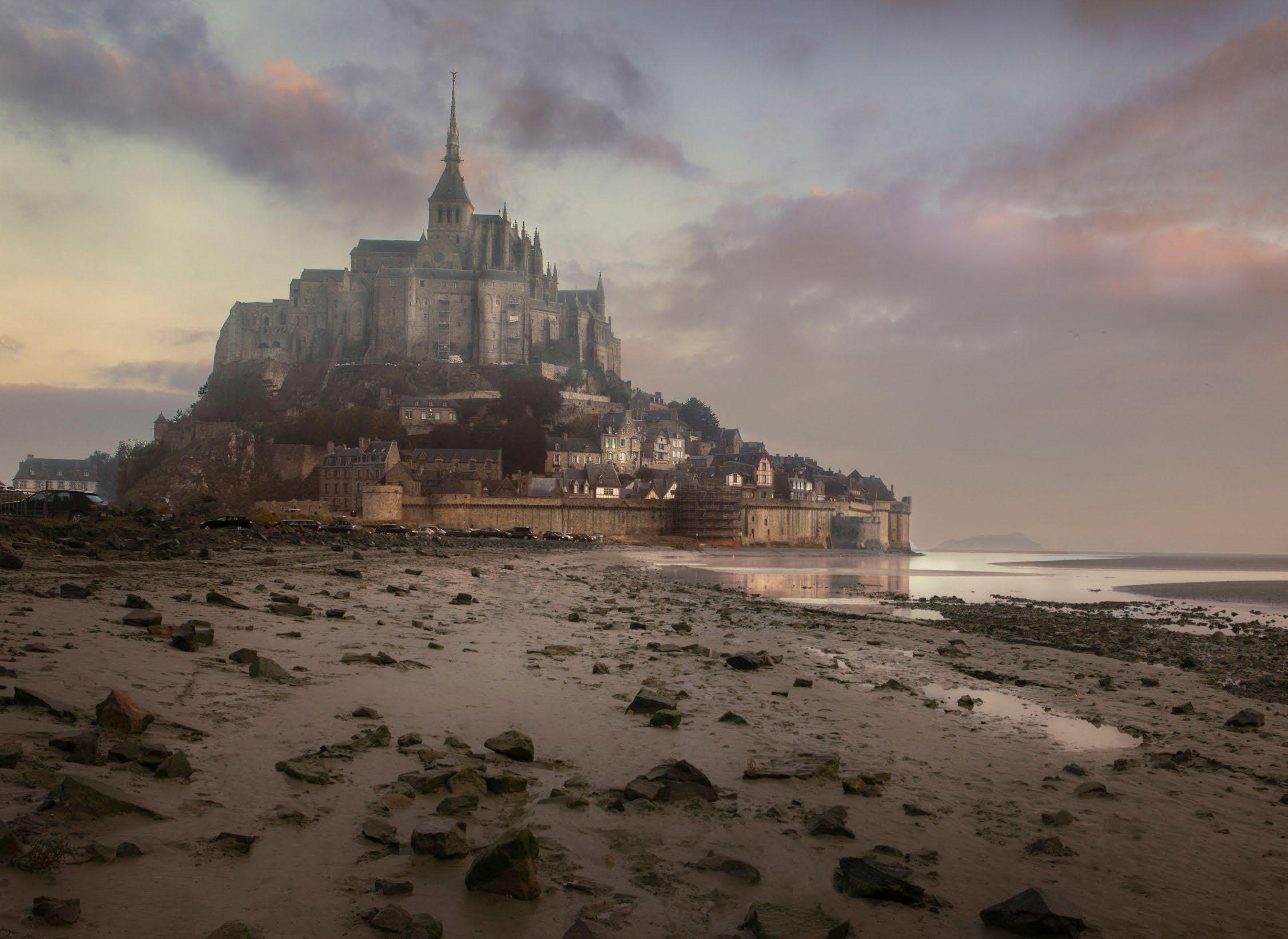
THE MISSION Use the Dodge and Burn tools along with colour adjustments to boost your landscape images
Time needed 30 minutes
Skill level Intermediate
Kit needed Affinity Photo
Our eyes are naturally drawn to the lighter parts of a photo and away from darker areas, so we can manipulate the viewer’s perception of an image with subtle lightening and darkening in different parts of the frame. This ability to guide the viewer’s journey through the frame can be hugely effective when it comes to editing landscapes. Even a simple vignette can work wonders, as it darkens the corners of a frame and draws the eye into the middle towards more important details.
However, with a soft, serene image like this, we don’t want to push things too far. While there are several excellent tonal tools for boosting contrast in Affinity Photo, this sort of work is often best done by hand rather than with a change in contrast. This is where the Dodge and Burn tools come in. By selectively lightening and darkening the buildings, reflections and fine details, we can draw attention to the most interesting parts and add to the sense of depth, while retaining the overall misty morning feel.
Bu hikaye PhotoPlus : The Canon Magazine dergisinin November 2022 sayısından alınmıştır.
Start your 7-day Magzter GOLD free trial to access thousands of curated premium stories, and 9,000+ magazines and newspapers.
Already a subscriber ? Giriş Yap
Bu hikaye PhotoPlus : The Canon Magazine dergisinin November 2022 sayısından alınmıştır.
Start your 7-day Magzter GOLD free trial to access thousands of curated premium stories, and 9,000+ magazines and newspapers.
Already a subscriber? Giriş Yap
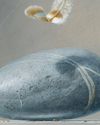
The Art of Copying Art - James Paterson shows you how to use your Canon gear to capture artwork and paintings the right way with simple camera and lighting skills
Whether you want to capture a painting like the above, digitise old prints or reproduce any kind of canvas, there's real skill in capturing artwork with your camera. Not only do you need the colours to be accurate, you also need to master the spread, angle and quality of the light to minimise glare and show the work at its best.This painting by the artist Bryan Hanlon has a wonderfully subtle colour palette. To reproduce the painting in print and digital form, it needs to be captured in the right way.
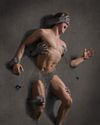
Fright night
Canon photographer and digital artist Alexander loves to craft incredible fantasy scenes with a spooky horror twist

Sharpen your shots with DPP
Sharpening a digital image also increases contrast at the edge of details

CANON ImagePrograf PRO-1100
Deeper blacks, better bronzing, greater lifespan and 5G Wi-Fi -Canon's new printer is full of new tech, says
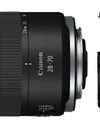
Canon's new 'kit lens' is actually a half-price f/2.8 trinity lens!
The Canon RF 28-70mm F2.8 IS STM lacks a red ring, but borrows premium features from its L-series siblings

DREW GIBSON
Pro motorsports photographer Drew on why he hasn't (yet) switched to Canon's mirrorless system, why old-school techniques can be the most reliable, and the lessons learned from more than a decade shooting the world's biggest car brands
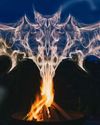
Up in smoke
Make a smoky shape in Affinity Photo and get to grips with the amazing Liquify Persona under the guidance of James Paterson

Expand your creativity with Generative Fill
Photoshop's Al-powered feature brings revolutionary new tools to image editing. James Paterson reveals all...
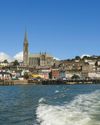
Turn your images into vintage postcards
Wish you were here? Sean McCormack explains how you can give your summer photographs a vintage postcard look
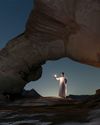
The Angel Malibu
Light painting an American movie producer in the Wadi Rum Desert in Jordan was a highly unlikely evening out for David!